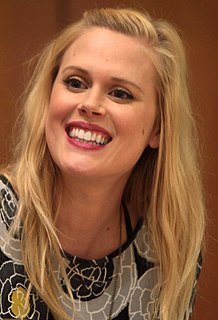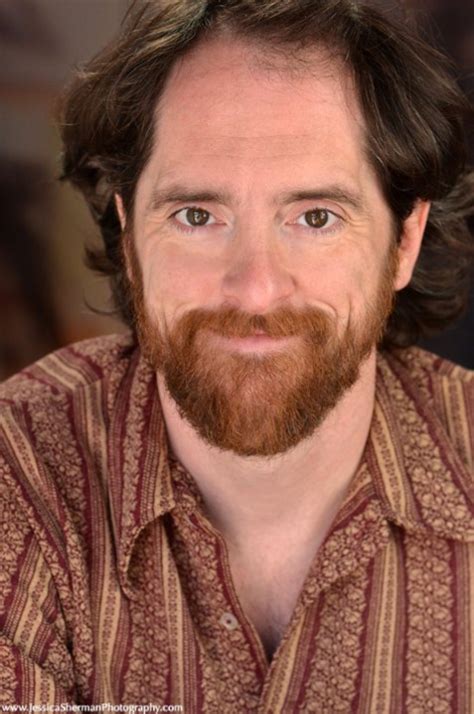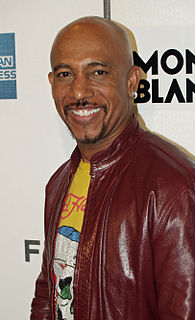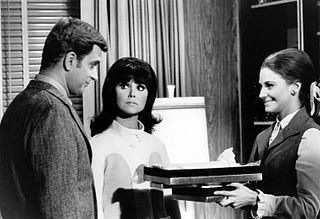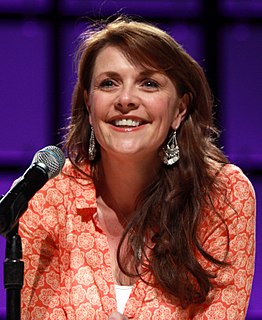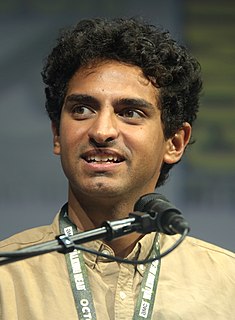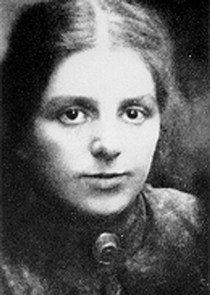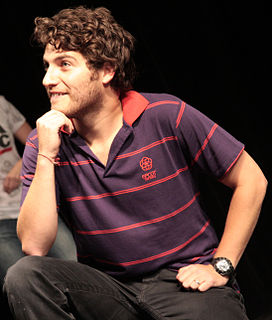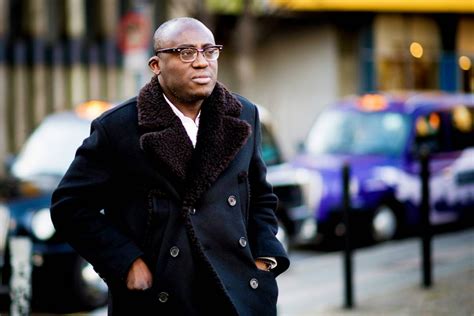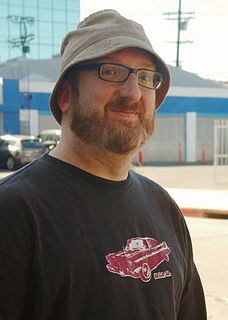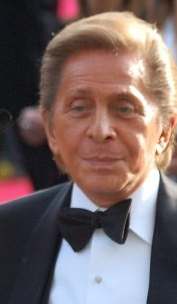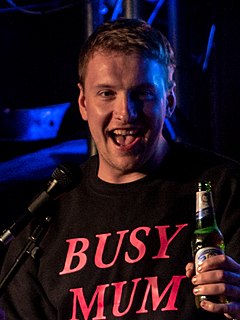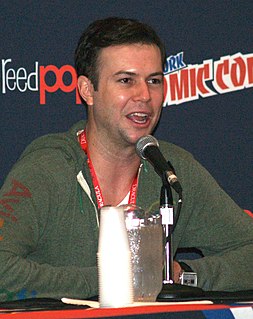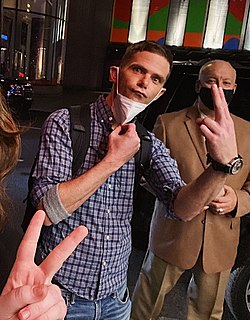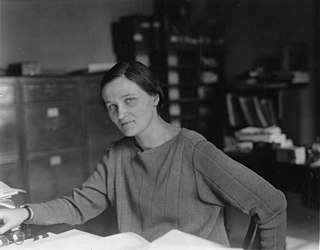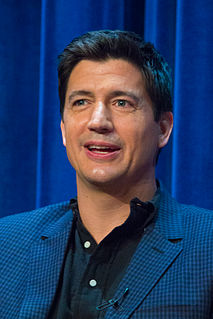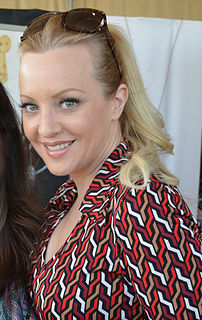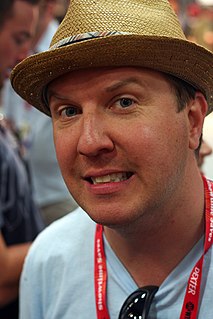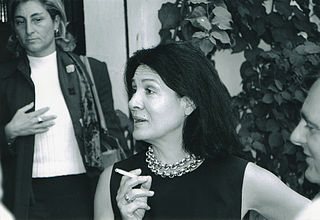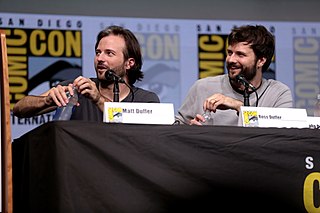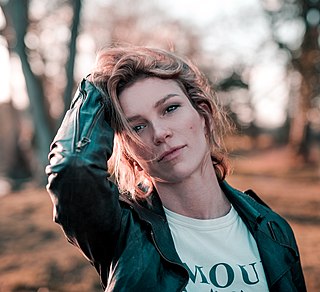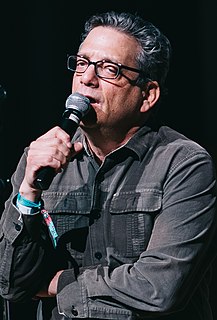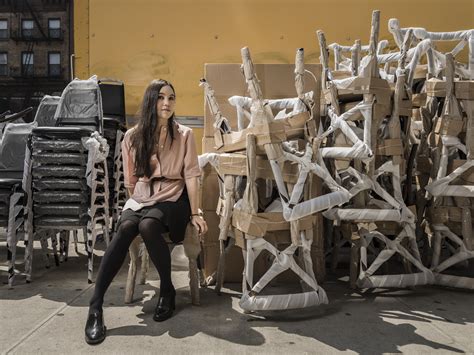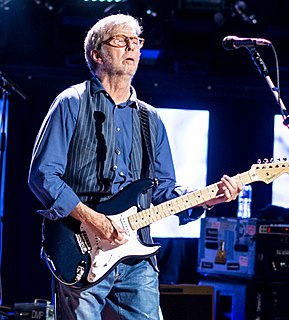Top 553 Etch A Sketch Quotes & Sayings - Page 8
Explore popular Etch A Sketch quotes.
Last updated on November 23, 2024.
I never pursued anything in terms of performing comedy until I was in my twenties. I was basically forced into it by a couple of my friends who were starting a sketch troupe and thought I'd be good at it. I was kind of terrified by it, but I gave it a try. I am so grateful to those guys for believing in me and viciously twisting my arm!
You're under the gun at all times because it's live TV. A lot of time, between dress and air, you're having to come with an entire ending to your sketch that gets an even better, bigger laugh - which is terrifying... People are filing into the audience, and you're writing a new joke for the end of it.
Not only is there more content, but the producers are also focusing on characters rather than their ethnicities. I mean, when you go in for an audition, you get a character sketch, like 'a 35-year-old American male.' The ethnicity of that character is developed after casting the actor, and I think that's the most basic change that has happened.
I worked as an assistant editor, actually, for a few years. That was right when I was just starting to get out at night and do a lot of stand-up, improv, and sketch work in New York. It really is invaluable. I think it pounded into me an awareness of what an editor wants and needs, in terms of clarity of a moment, where and when to start and stop a line.
For my first show at 'SNL', I wrote a Bill Clinton sketch, and during our read-through, it wasn't getting any laughs. This weight of embarrassment came over me, and I felt like I was sweating from my spine out. But I realized, 'Okay, that happened, and I did not die.' You've got to experience failure to understand that you can survive it.
The reward of the young scientist is the emotional th
rill of being the first person in the history of the world to see something or to understand something. Nothing can compare with that experience The reward of the old scientist is the sense of having seen a vague sketch grow into a masterly landscape.
To go from working with a group of people in a sketch-comedy show on a small network, where it was all about just creating funny stuff, to being on a network show, and the pressures of that, and getting to know the new people who were involved in it. There was a learning curve for me. But it was an education.
I grew up in the age of variety shows. 'Flip Wilson,' 'Carol Burnett,' 'Donny and Marie,' and 'Sonny and Cher' - I never missed an episode. These shows had it all: singing, dancing, and sketch comedy. One minute, they're ice-skating with pyrotechnics, the next they're doing a scene on a gigantic set. I just couldn't get enough.
It is enough to have been created, to have embodied for a moment the infinite and tumultuously creative spirit. It is infinitely more than enough to have been used, to have been the rough sketch for some perfected creation. Looking into the future, I saw without sorrow, rather with quiet interest, my own decline and fall.
I was always a big fan of Mel Brooks and Carl Reiner's '2000-Year-Old Man' sketch. I think it's one of the biggest influences on the podcast, definitely. You'd never say Carl Reiner was the funniest dude on there, because he's just teeing it up, but he knows what questions to ask to lead to great improv.
We wanted it to have a simplicity to it, so that if you're a 12-year-old and you're watching the show and you get inspired, you could easily sketch this thing out with your markers or crayons or whatever, then you'd show your friends and they'd instantly go, 'Oh yeah, that's the Demogorgon, that's the monster from 'Stranger Things.'
There wasn't a big tradition of comedy at Dartmouth. More than that, there wasn't really anything artsy going on in Hanover, or even in New Hampshire. The cool thing about the school is that there's nothing for people to watch, so if you were to do a play or a sketch or an improv troupe, it was always packed. There's nowhere else for anyone to go. But there was no comedy.
Topical-sketch writing were incredibly rational and well reasoned: don't do a joke if the subject doesn't deserve it. An ad hominem attack on someone might get you a cheap laugh, but it doesn't earn you any long-term trust. The biggest rule was: you attack whoever's in power. Don't bring your personal bias to the table.
My uncle worked in emergency wards dealing with people who came in with terrible injuries. He talked about the sketch shows they would put on to lighten the atmosphere. You often find this sense of grim humor in hospitals. The injuries people are suffering are ghastly. You have to laugh at something or you'd otherwise cry.
There's a thing about cocaine - when I was doing it secretly, it didn't make me very sociable. I forget how others were, but it made me very inner-directed. So being in a sketch and rehearsing and the "hail fellow well met" camaraderie and all that stuff, I couldn't fake that or force that. It was painful.
As far as I can recall, the initial shiver of inspiration [for Lolita] was somehow prompted by a newspaper story about an ape in the Jardin des Plantes, who, after months of coaxing by a scientist, produced the first drawing ever charcoaled by an animal: this sketch showed the bars of the poor creature's cage.
When I saw Jimi Hendrix I knew immediately that this guy was the real thing ... and when he played it was like a rough sketch of what he was going to become ... this guy was our generation, and he wasn't in a suit .. he played a Howlin' Wolf song 'Killing Floor', and then we (The Cream) had to carry on the set. It was pretty hard to follow.


